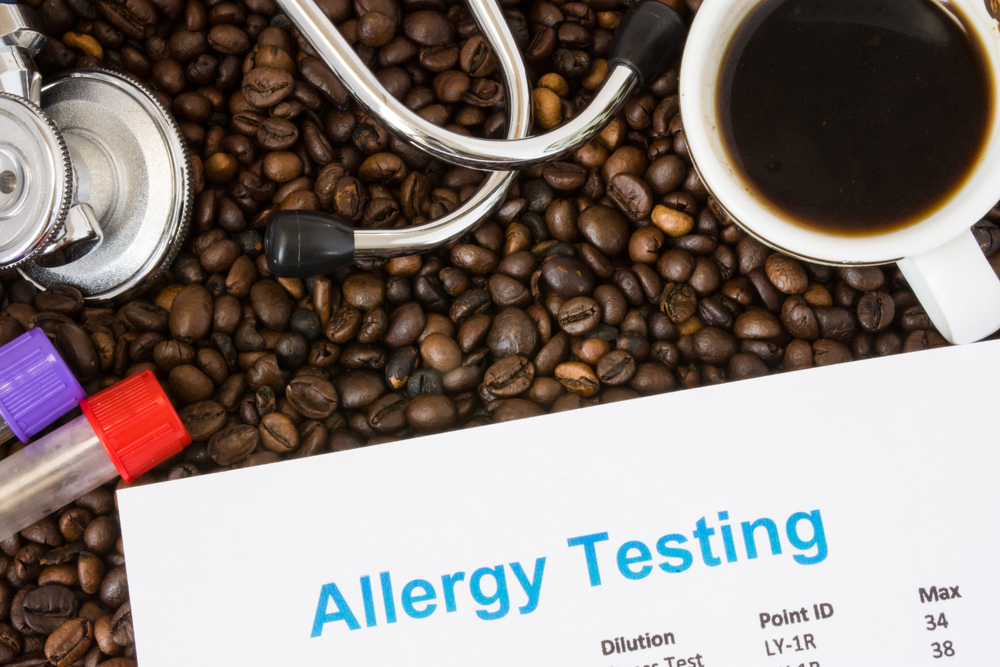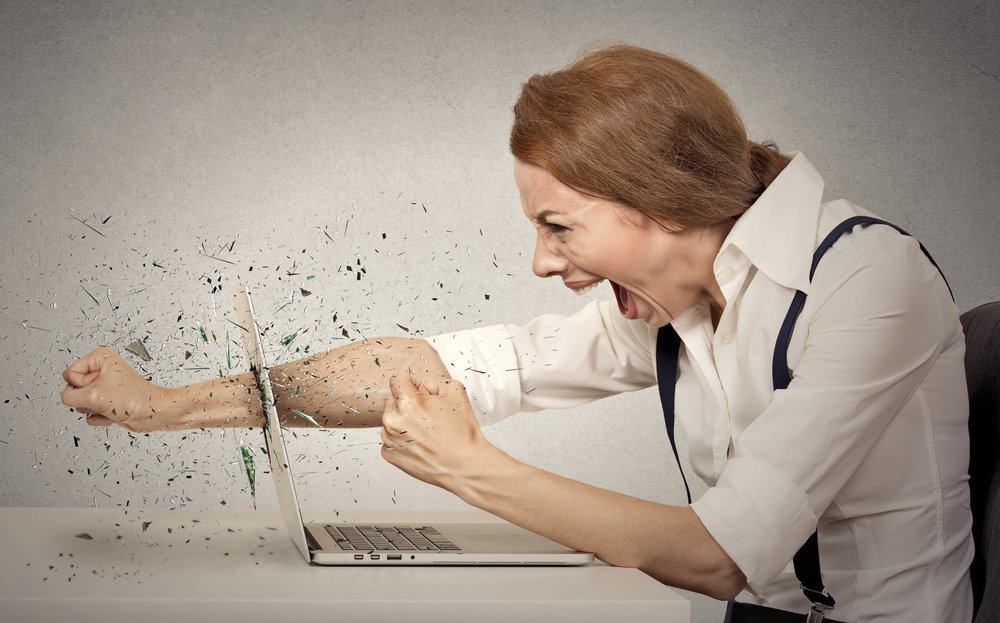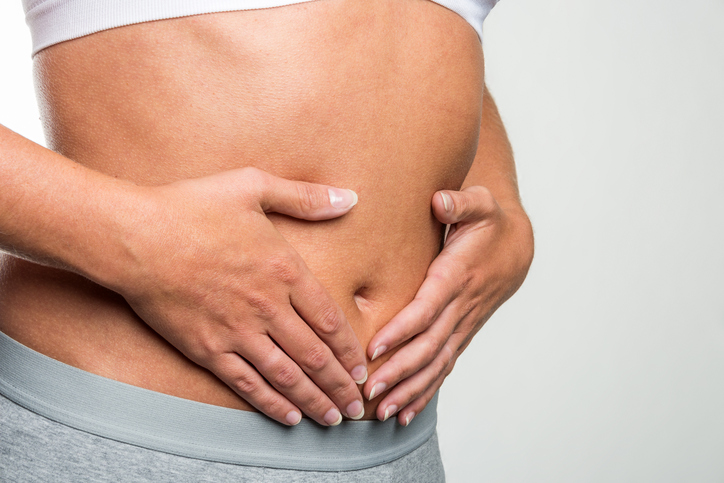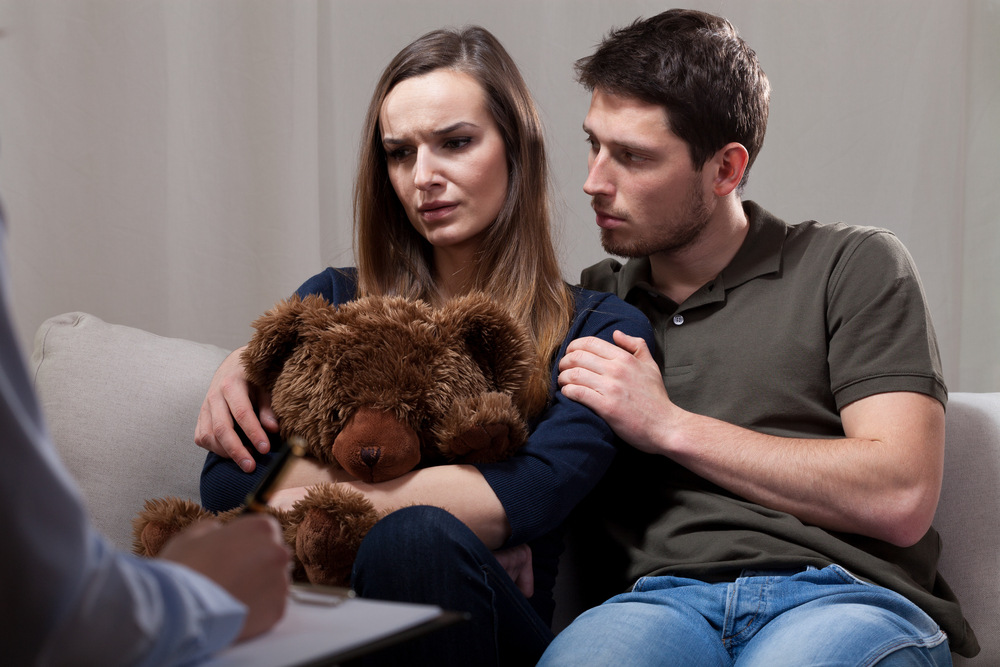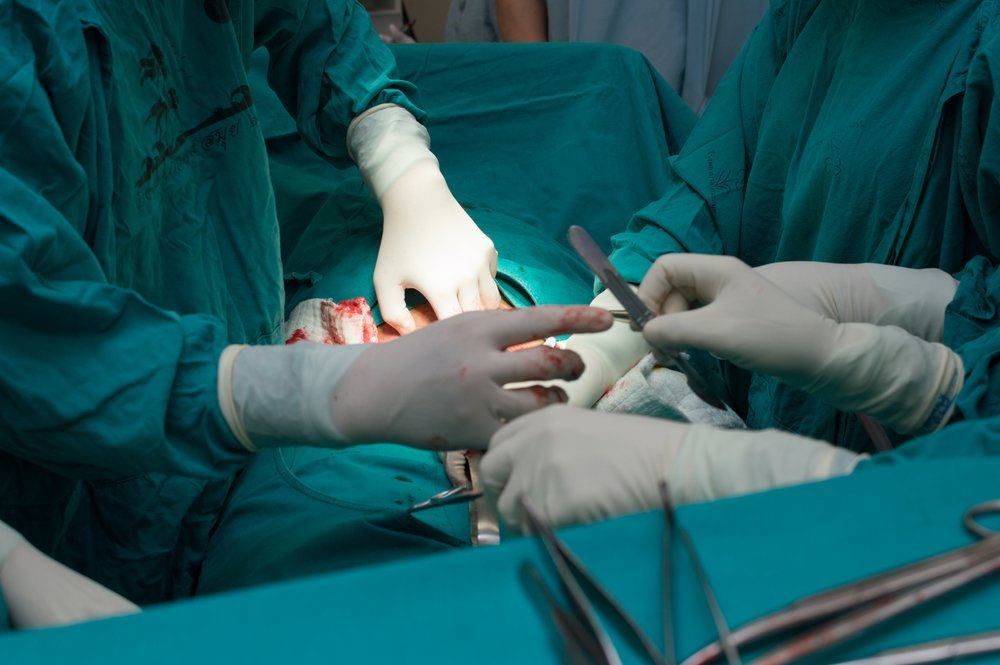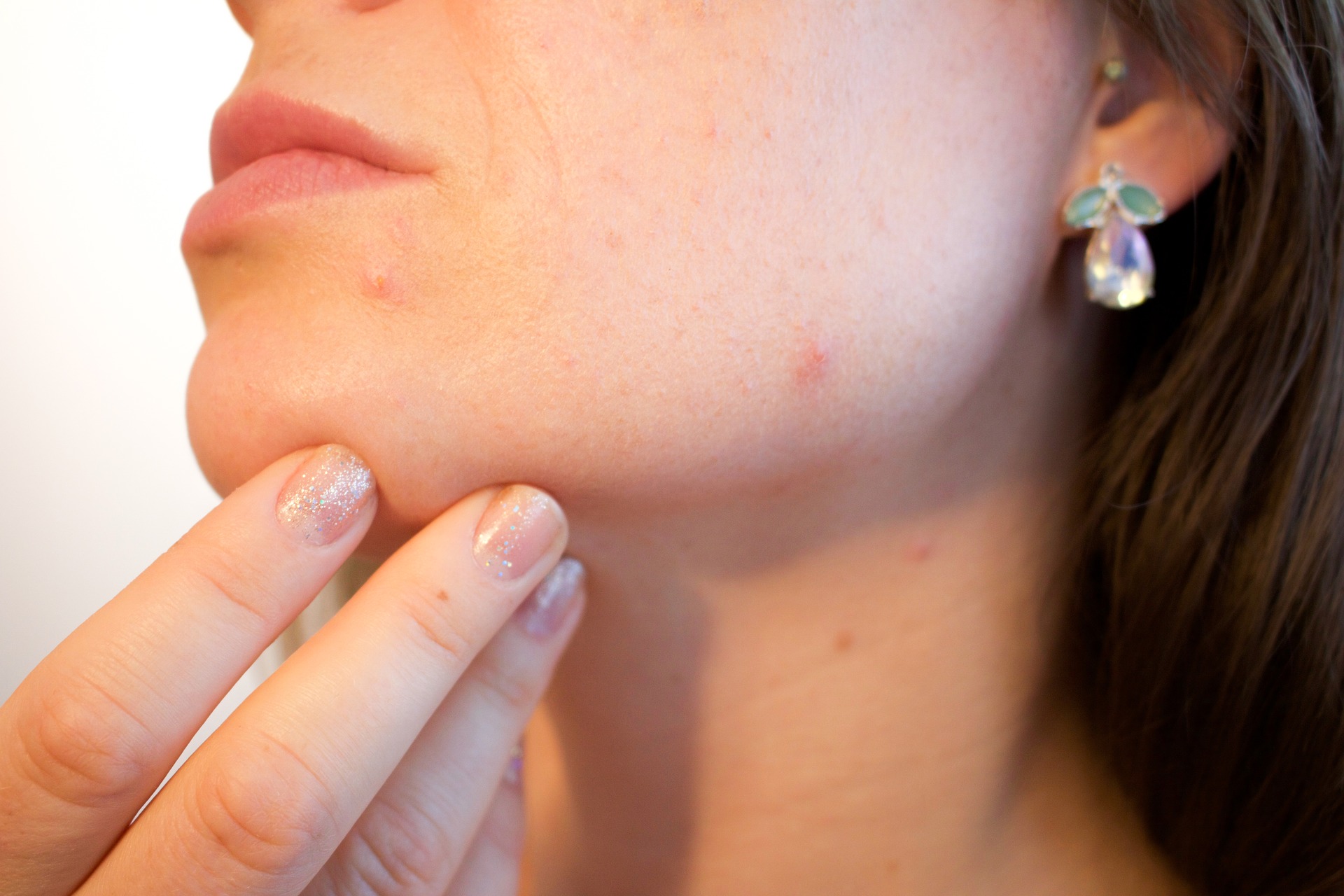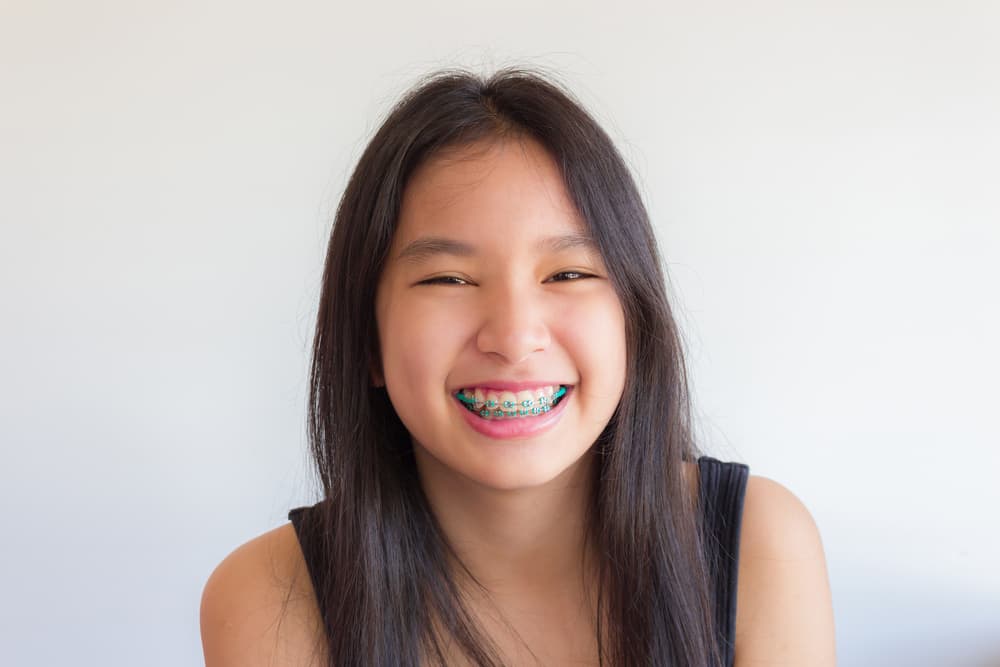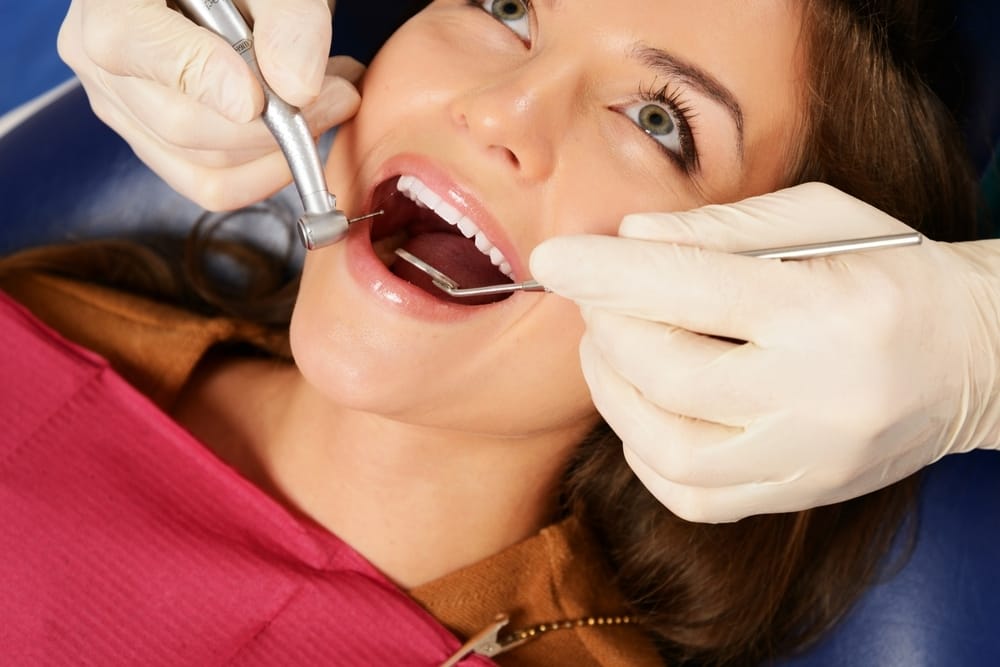Contents:
- Medical Video: Are You Aware Of Your Caffeine Allergies? Here Are The Top 20 Symptoms
- A glimpse of caffeine
- Caffeine allergy
- Caffeine allergy is not sensitivity to caffeine
- Diagnosis of caffeine allergy
- Treatment for caffeine allergies
- How to prevent caffeine allergies
Medical Video: Are You Aware Of Your Caffeine Allergies? Here Are The Top 20 Symptoms
For most people, drinking tea or coffee has become a ritual that cannot be done. But not everyone can drink this drink. Not because I don't like it, but because of caffeine allergies. Why can someone get caffeine allergies?
A glimpse of caffeine
Caffeine is a natural stimulant that stimulates the brain, central nervous system, heart and muscles to work. Caffeine also works to block sleepy trigger receptors in the brain, replacing it by increasing the production of adrenaline stress hormones. The effect of this stimulation can make you more alert, focused, and more "literate".
Caffeine is usually found in coffee, tea, soda, chocolate, energy drinks, and many other products. In fact, caffeine is also used in some drugs and for the treatment of certain diseases.
According to the Mayo Clinic health research center, the maximum dose of caffeine that is still safe for adults is 400 milligrams (mg) per day. This 400 mg dose is equivalent to four cups of coffee.
Caffeine allergy
Allergy is an autoimmune disease, a condition caused by the work of the immune system that mistakenly thinks that benign substances are actually safe and beneficial to the body as a threatening foreign substance.
In people who have caffeine allergies, the body considers caffeine intake as a danger by producing antibodies called immunoglobin E. These antibodies then trigger each cell of the body to fight back caffeine which "attacks" the body. This "fierce battle" eventually resulted in an inflammatory reaction in the body such as skin itching, rash, and swelling.
Allergic foods in general are special proteins that contain eggs, milk, beans and seafood. However, the causes of caffeine allergies are not yet fully known.
Caffeine allergy is not sensitivity to caffeine
Caffeine allergy and sensitivity to caffeine are the opposite. Sensitivity to caffeine refers to digestive problems, because the stomach is indeed unsuitable and cannot digest caffeine properly.
Signs and symptoms of sensitivity to caffeine can include:
- Heart beat
- Restless
- Headache
- Hard to sleep
- Painful stomach / stomach pain
- Tired
- Nervous
- Up stomach acid
- Bloated
- Heat sensation in the pit of the stomach (heartburn)
Meanwhile, caffeine allergies are basically still included in food allergies. Food allergies are caused by the immune system that reacts abnormally to something you eat or drink, because your body considers it a threat.
Food allergic reactions can affect the skin, digestive tract, to the respiratory or cardiovascular system. Symptoms of caffeine allergy can appear within one hour after consuming caffeine, including:
- The skin has a rash and itchy red bumps
- Swelling of the lips and tongue
- Mouth, lips and tongue itch
- Stomach cramps
- Diarrhea
Food allergies can be very dangerous if not handled quickly. Allergic reactions can develop into potentially life-threatening anaphylactic shock. The symptoms of anaphylactic shock include:
- Severe swelling of the face including the eyes, lips, face and tongue.
- Difficulty breathing
- Difficulty talking
- Wheezing (breathless "breath" due to airway constriction)
- Cough
- Abdominal pain, nausea, vomiting
- Increased heart rate
- Dizziness or fainting
Diagnosis of caffeine allergy
If symptoms occur including skin rashes and respiratory problems, chances are that your doctor can make sure your complaint is a sign of an allergy.
But like most other allergies, the doctor will do a skin test to diagnose allergies. The doctor will put a little allergen on your arm and see if there are any reactions produced at least within 24 hours.
Treatment for caffeine allergies
Unlike the sensitivity of caffeine which does not require special treatment, allergies can be treated with antihistamines to help reduce itching and swelling.
In very rare cases, a person who has severe caffeine allergy and who is prone to anaphylactic shock can be given injections of epinephrine (adrenaline).
If you, family, or friends experience anaphylactic shock signs, immediately go to the nearest hospital to get emergency medical treatment.
How to prevent caffeine allergies
Someone who is allergic to caffeine is of course obliged to avoid products that contain caffeine to prevent allergic reactions. The following products usually contain caffeine:
- Coffee
- Tea
- Chocolate
- Energy drink
- Supplements containing caffeine
- Drugs that contain caffeine
Be sure to read food, drink, or drug labels before you consume them to make sure the product is caffeine free.
If you are allergic to caffeine but want to stay fit and focused without additional stimulants from the outside, then you need to do things like:
- Drink lots of water
- Get enough sleep
- Eat healthy food
- Take a break from work
- Take a leisurely stroll and breathe in the fresh air during office lunch hours
- Take vitamin supplements that can increase energy. Consult your doctor to choose supplements that are suitable for your body.

